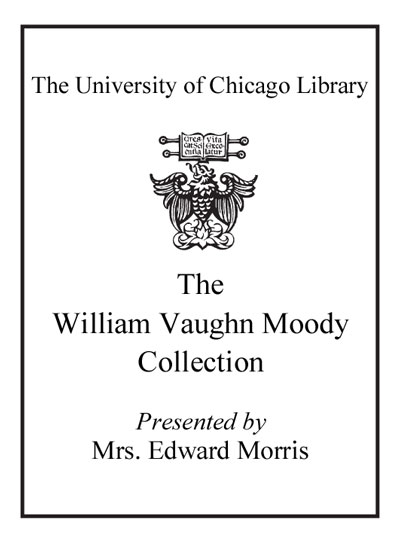Review by Choice Review
Feinstein clearly demonstrates the significance of Jewishness to Gertrude Stein, particularly as revealed in her characterizations in Three Lives, QED, and The Making of Americans. Stein's unpublished notebooks show her developing Matthew Arnold's Hellenism/Hebraism dichotomy into a characterology of types and subtypes that she applied to both her fictional characters and her friends. Strongly shaped by the pseudo-scientific racialism of her time, Stein posited a "historically unchanging" Jewish nature that was "inherently intelligent and ethical," and in an 1896 essay she argued against Jewish-Gentile intermarriage. Feinstein's claim that the repetition and abstraction of Stein's writing style is somehow Jewish is an assertion rather than an argument, and her lumping of James Joyce and Edmund Wilson with T. S. Eliot and Ezra Pound as critical of Stein because of her Jewish identity is unfair. The book concludes with a vigorous defense of Stein's putative collaboration with France's Vichy government during WW II. Feinstein rebuts the more polemical accusations that have been made, but her defense of Stein's enthusiasm for Vichy leader Philippe Pétain on the grounds that it was "widely felt" is like defending Pound's anti-Semitism on the grounds that such feelings were once common. Summing Up: Recommended. With reservations. Graduate students, researchers, faculty. --Gary R. Grieve-Carlson, Lebanon Valley College
Copyright American Library Association, used with permission.
Review by Choice Review

